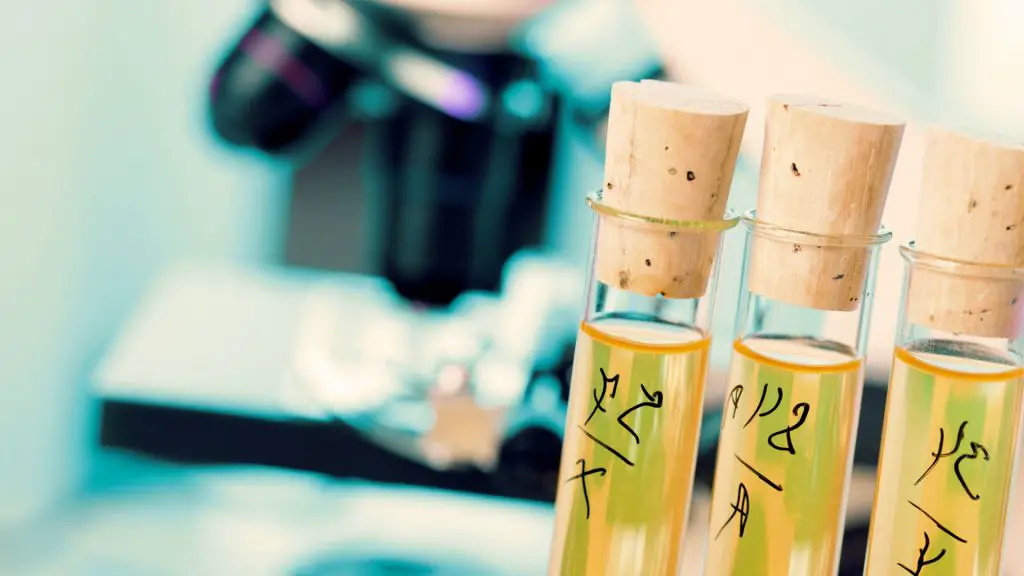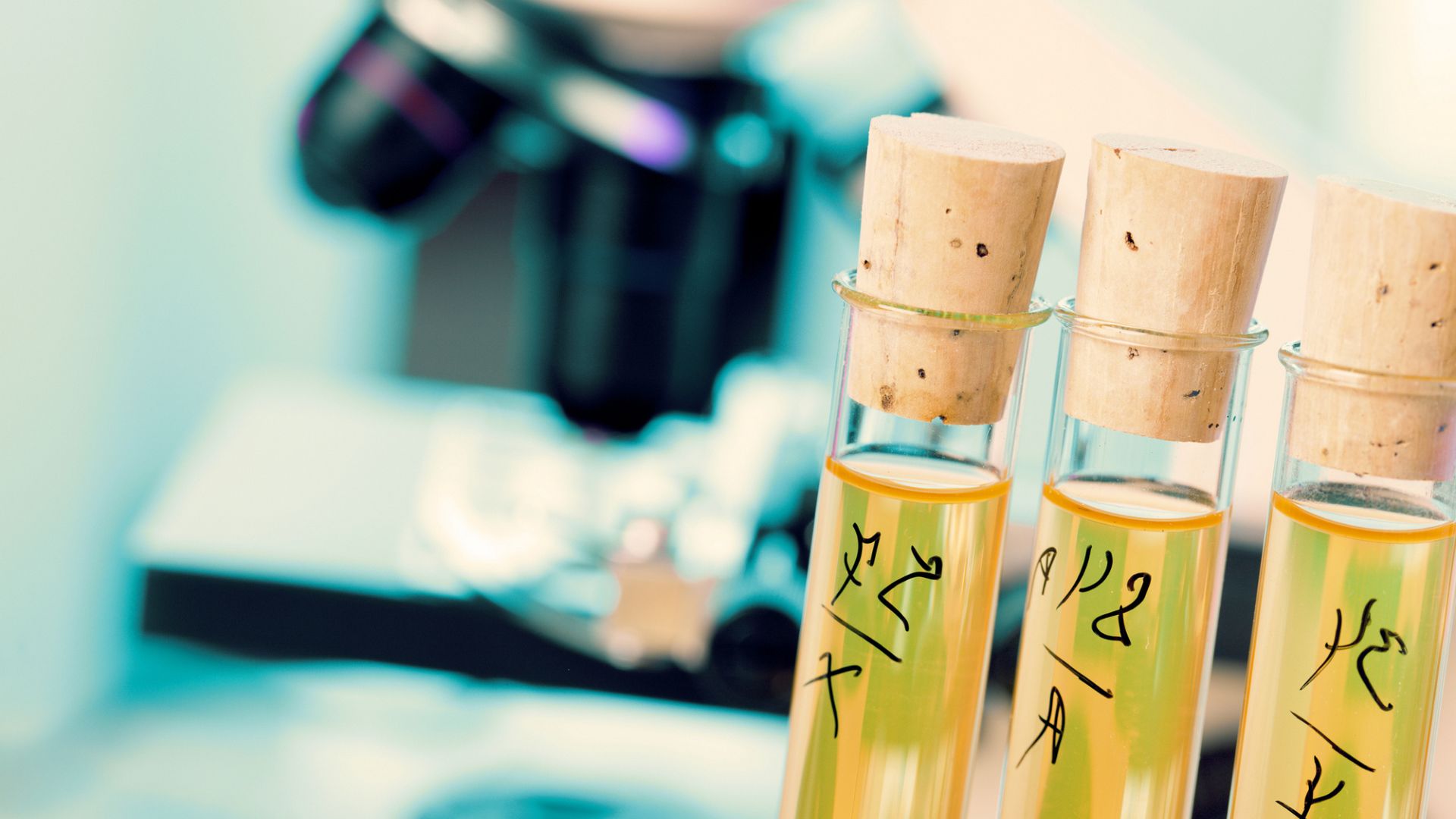All the way from your favorite takeaway restaurant to your local grocery store. Nowadays, most products contain food additives. But what is a food additive? A food additive is “a substance added to something in small quantities to improve or preserve it.”
I know it all seems kinda scary… right? Acids and chemicals. So you may be wondering, are food additives bad for you? Let’s find out!
They are typically added to improve taste, look, shelf time, and safety! Many food additives, such as anti-caking agents, are added to prevent ingredients from lumping, and food acids balance out the acids in food.
What Are Food Additives?
There are many misleading and confusing topics regarding food additives and whether they are healthy. Look no further, lets see the truth.
This is the FDA’s statement on food additives and what they do:
Food Additive – A food additive is defined in Section 201(s) of the FD&C Act as any substance the intended use of which results or may reasonably be expected to result, directly or indirectly, in its becoming a component or otherwise affecting the characteristic of any food
Food and Drug Administration
To dumb it down, they are substances added to food to affect its characteristics, such as shelf life, taste, look, and general quality.
There shouldn’t be much to worry about, but let me tell you this…
Due to a legal loophole that has been in existence for decades, manufacturers are allowed to classify a food additive as "generally recognized as safe" (GRAS) without the need for approval or even notification from the U.S. Food and Drug Administration.
Are Food Additives Bad?
One of the most detrimental consequences of using preservatives on food products is their capacity to become carcinogenic agents. Several food products contain nitrosamines, a preservative that comprises nitrites and nitrates, when mixed with gastric acids, giving rise to cancer-causing agents.
These artificial substances are widespread and causing harm – found in our food, drink, atmosphere, clothing, homes, and workplaces! Some even conclude to say we need a detox.
China’s chemical industry is a massive entity, with 2017 revenues reaching $1.5 trillion, accounting for a significant proportion of global chemical-industry revenue, approximately 40 percent. Even with lower growth rates, the absolute volume growth remains substantial.

Side Effects of Food Additives
So what are some harmful effects of food additives and preservatives?
Some food additives can make food taste better, look better and last longer, but they can also make you sick. Some common additives, like fake colors and preservatives, have been linked to children’s hyperactivity and allergies.

Other additives, like sodium nitrite and sodium benzoate, may even increase the risk of some types of cancer. MSG, a flavor enhancer, can cause headaches and allergic reactions. It’s important to know which food additives are in the food we eat and understand the potential risks of consuming them.
Are There Any Health Benefits to Food Additives?
Apart from taste, shelf life, and other factors such as look, are there any real health benefits to consuming food additives. Let’s find out.
Some food additives may have health benefits. For example, certain types of antioxidants, such as vitamins C and E, are added to foods to help preserve their freshness and prevent them from spoiling. Additionally, some minerals, such as iron and calcium, may be added to foods to fortify them and help improve the nutrient content.

However, it’s important to note that not all food additives have health benefits, and some may even have negative effects on health. Some additives are used for improving appearance, taste, texture or preventing spoilage.
It is recommended to check the food labels and familiarize with the ingredients used as food additives when selecting foods and also to consult with a healthcare professional before taking any supplement that contain food additives.
How To Avoid Preservatives In Food?

There are a few ways to avoid food preservatives:
- Choose whole, unprocessed foods. Fresh fruits, vegetables, and meats generally do not contain preservatives.
- Read ingredient labels. Look for foods that contain minimal ingredients, and avoid those that have a long list of additives, including preservatives.
- Shop at farmers’ markets or specialty food stores that carry natural and organic products. These foods often contain fewer preservatives than their conventional counterparts.
- Cook and prepare your own meals. By making your own meals, you have control over the ingredients that are used and can avoid preservatives.
- Choose fresh options over packaged ones, for example fresh meat over deli meats, fresh fruits and vegetables over canned or frozen one
- Try preserving food with natural methods like freezing, pickling, and canning.
- Avoid processed snacks, frozen meals and fast food that may contain high levels of preservatives, and opt for fresh options.
It’s also worth noting that some natural products such as herbs, vinegar, lemon juice, and salt can act as preservatives and can be used for preservation in home cooking,
It’s important to keep in mind that avoiding all preservatives in food can be difficult as they are widely used in the food industry, but by following the above tips, you can reduce your exposure to them and make healthier choices.
Final Thoughts

In conclusion, food additives are added to keep our food “safe” and enjoyable. However, as with all things, it is important to be aware of what you are consuming and the potential health risks associated with certain food additives.
Ultimately, it is up to you to decide if the benefits of a particular food additive outweigh the risks for them.
